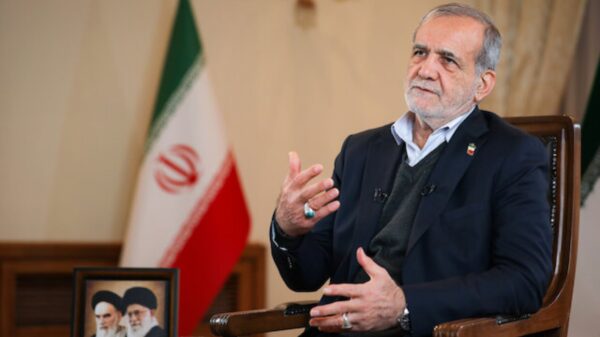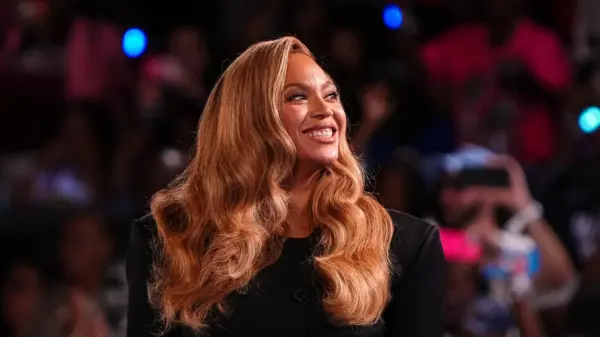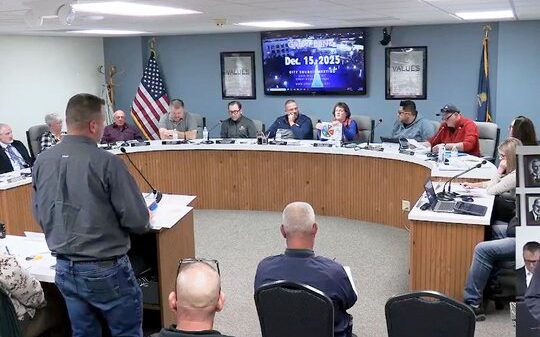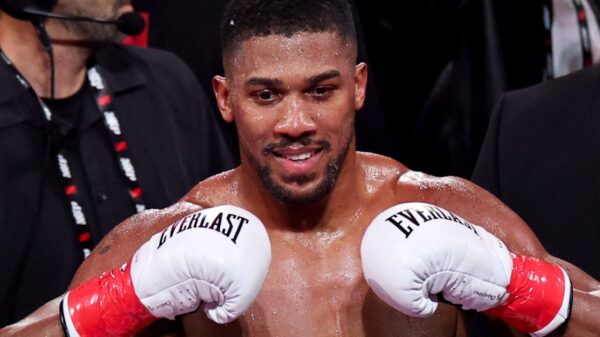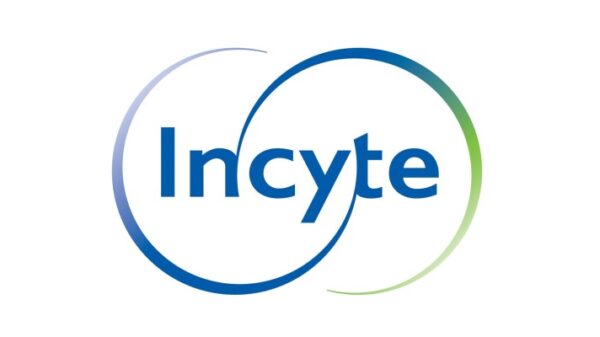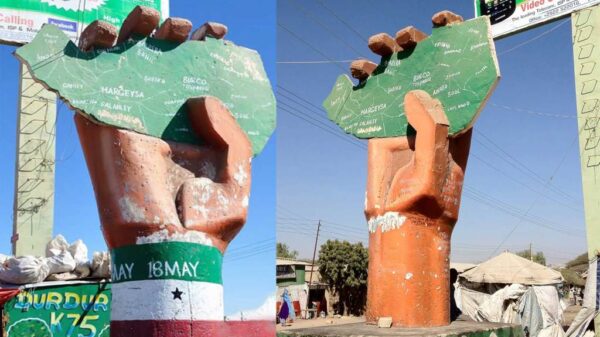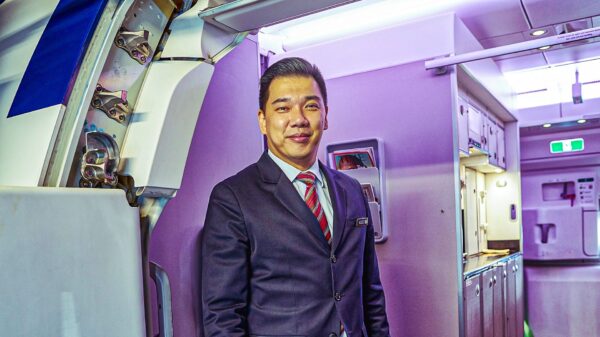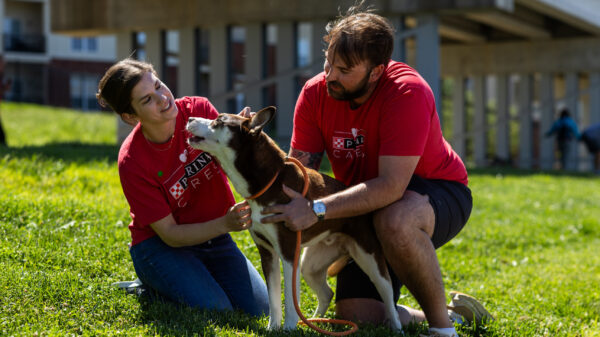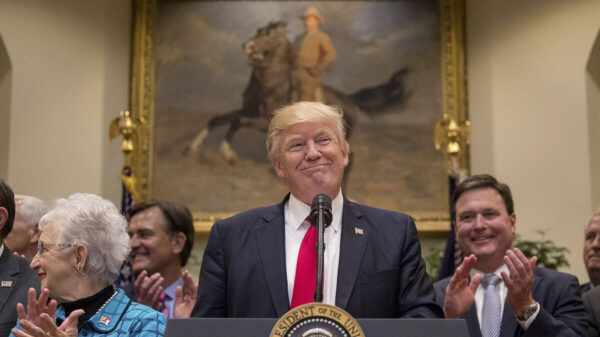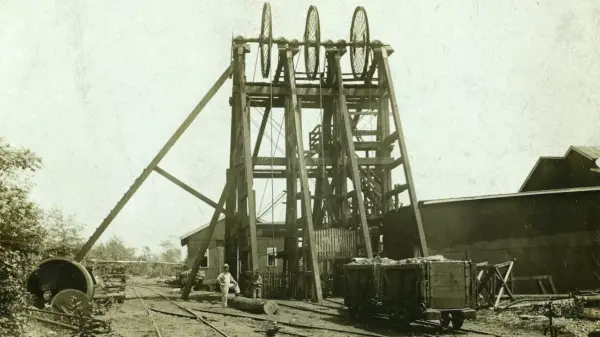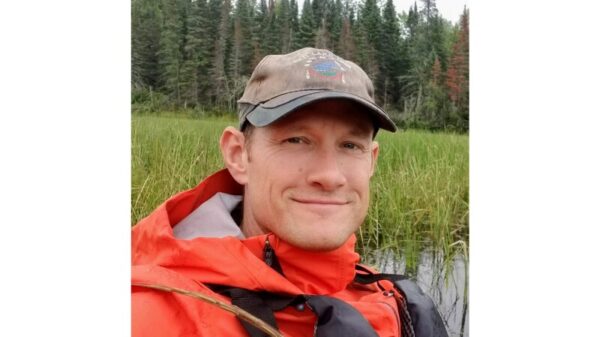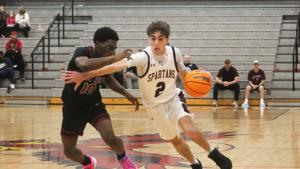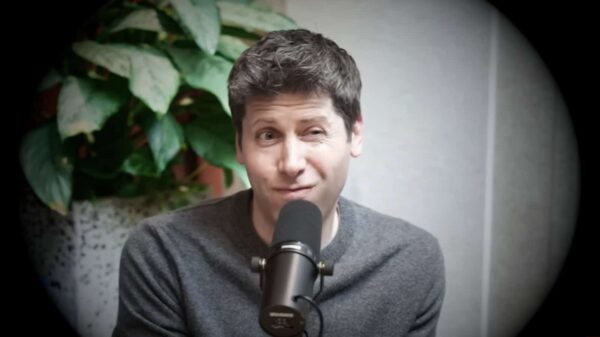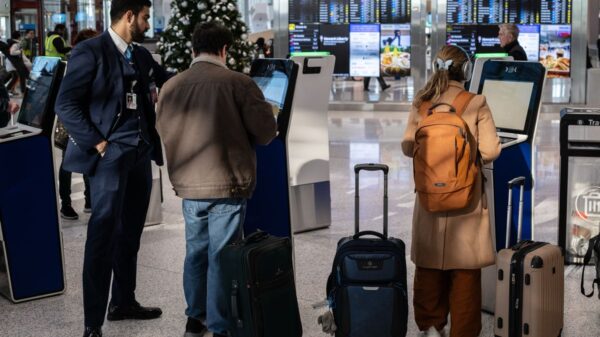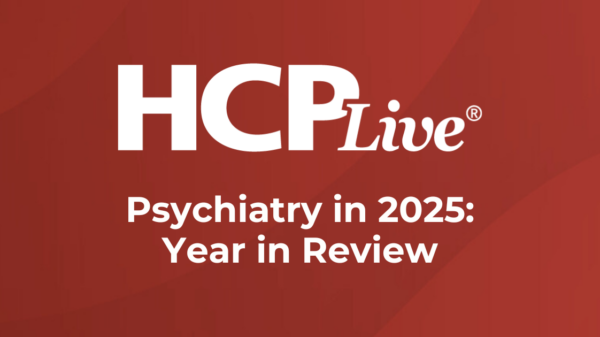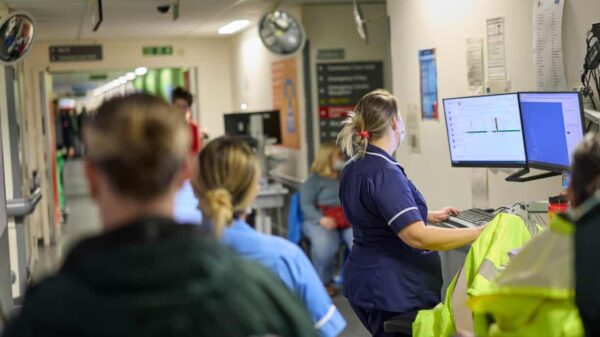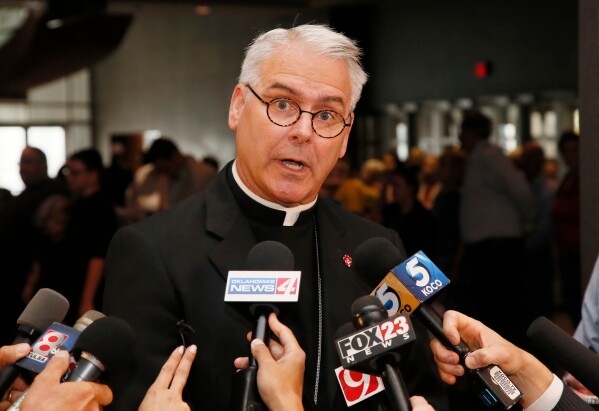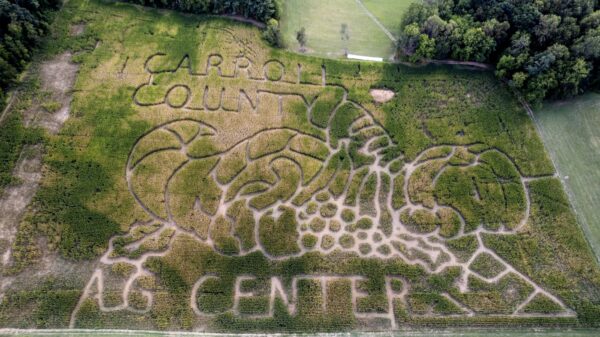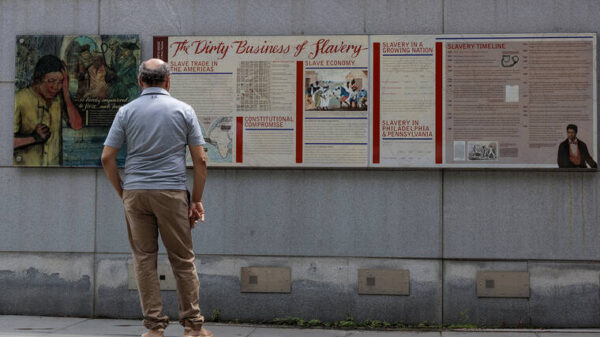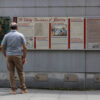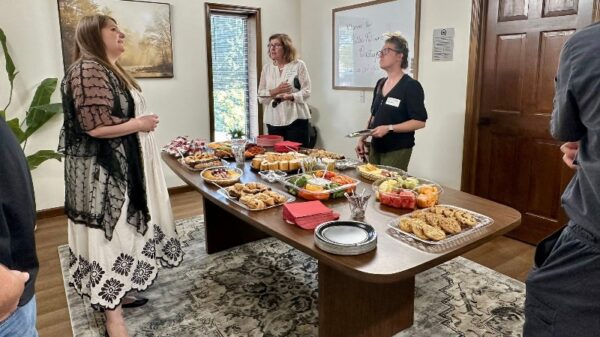The United States Conference of Catholic Bishops has elected Archbishop Paul Coakley of Oklahoma City as its new president, emphasizing a commitment to immigration reform during a period marked by significant deportations under President Donald Trump. Coakley’s leadership will span three years, coinciding with the remainder of Trump’s presidency.
Previously serving as the conference’s secretary, Coakley is recognized for his conservative Catholic stance, particularly his vocal opposition to abortion and the death penalty. He notably endorsed Oklahoma’s near-total abortion ban enacted in 2021. Just days after Trump’s inauguration, Coakley urged Catholics to remain aware of the challenges faced by migrants, particularly as discussions surrounding “mass deportation” intensified.
A significant portion of the Catholic Church, approximately one-third, identifies as Hispanic. Many within this community have expressed concerns that Trump’s deportation policies have fostered an atmosphere of fear, discouraging attendance at mass due to worries about potential detainment. Coakley stated on social media platform X, “As our nation struggles to address serious and complicated issues surrounding immigration, the church must be a leader in embracing diverse newcomers and providing assistance and pastoral care to immigrants, migrants, refugees and people on the move.”
The conference is also contemplating the issuance of a “Special Message” on immigration, a move that is relatively uncommon; the last such communication occurred in 2013 and condemned the Affordable Care Act’s mandate requiring contraceptive coverage for companies.
Trump’s deportation efforts, which have resulted in more than 500,000 deportations, have drawn sharp criticism from the Catholic Church regarding the treatment of migrants and the conditions in detention facilities. Recently, Pope Leo, a Chicago native, described the administration’s approach to migrants as “inhuman.” Reflecting similar sentiments, the bishops conveyed their concerns about the mass targeting of undocumented immigrants in a letter addressed to Pope Leo.
The bishops articulated, “As shepherds in the United States, we face a growing worldview that is so often at odds with the Gospel mandate to love thy neighbor.” They acknowledged the need for secure borders and lawful enforcement against crime but emphasized that they cannot remain silent while fundamental rights, including the right to worship and due process, are compromised.
Despite these criticisms, the conference has not issued a formal condemnation of the Trump administration’s policies. During his tenure, Coakley has expressed a willingness to engage with Vice President JD Vance, a Catholic convert since 2019, stating, “I realize that our vice president is Catholic, and I’d like to have an opportunity to build a relationship there.”
As discussions on immigration continue, Archbishop Coakley’s leadership may play a pivotal role in guiding the Catholic Church’s response to the evolving landscape of immigration policy in the United States.


